How Spider-Man 2's Miles Morales Represents Community, Black Culture, And Me
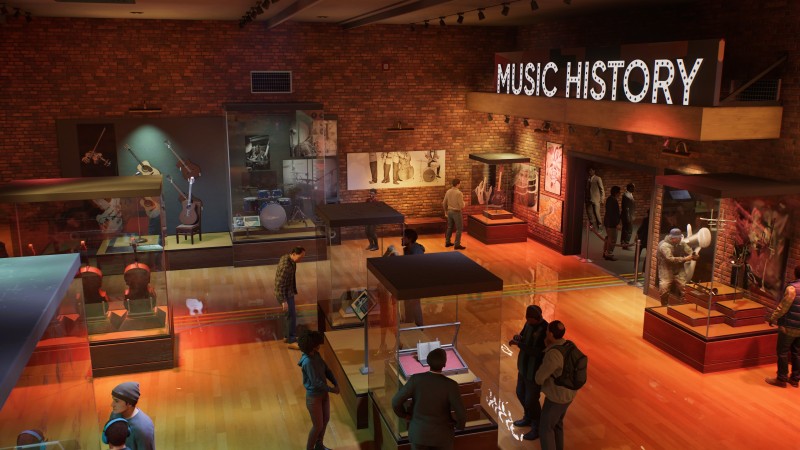
This article contains spoilers for the Harlem Cultural Museum side quest in Marvel’s Spider-Man 2.
Miles Morales is a comic book character created to represent people of color.
Leading up to the 2008 election, which resulted in the United States’ first African American president, Barack Obama, Marvel wanted to “take a good look” at one of their icons to reimagine as African American. A few years later, when an internet campaign pushed Community actor Donald Glover to play Spider-Man, the icon was chosen, and writer Brian Michael Bendis and artist Sara Pichelli created Miles. Every iteration of the character continues this legacy of representation, and Insomniac Games’ Spider-Man 2 is no different. You can read our full review of the game here, but I want to focus on one specific part: a series of jazz-themed side quests.
Up in Harlem, criminal forces are conspiring to halt the opening of the Harlem Cultural Museum. Curator Angela has assembled an amazing collection of jazz memorabilia, but on the day a big donor comes to pledge his funds, the building is raided, and the instruments are stolen. Relative to the game’s main story, which has players battling huge villains and tearing up the city in the process, the stakes of this mission are low – but still high enough to warrant Spider-Man’s help.
Miles is invested not just because his mom Rio is the one asking him for help but because he cares about his community, and as an aspiring musician himself, he’s curious about the history, too. Throughout each quest, Miles hunts down the instruments, meeting up with people in the neighborhood along the way. When he retrieves Charlie Parker’s saxophone, he gets a lesson about the connections between jazz and hip hop (Miles’ music of choice) from an older Black man, enhancing Miles’ understanding of the importance of his mission. And since his dad was a Parker fan, his personal motivation is boosted, too.
I’m not interested in spoiling the ending of this quest, except to say that, unlike most quests in the Spider-Man games, it’s not done to set up a supervillain cameo. The scale is as small as the first quest implies, and that’s a relief. It feels more personal that way.
The culmination of this questline is what stuck with me in the weeks since playing. At the end of the day, the exhibit is restored, and the whole neighborhood is invited to celebrate the success. All the music history that had been hinted at is put on full display, literally – proper museum exhibits show off Charlie Parker’s saxophone, Clyde Stubblefield’s drum set, and a whole lot more. It’s a quick but proper look into some of the biggest figures of the early 1900s jazz scene, complete with instruments, tap shoes, and poetry. As Miles explores the space, he mutters some Langston Hughes to himself, soaking in the words.
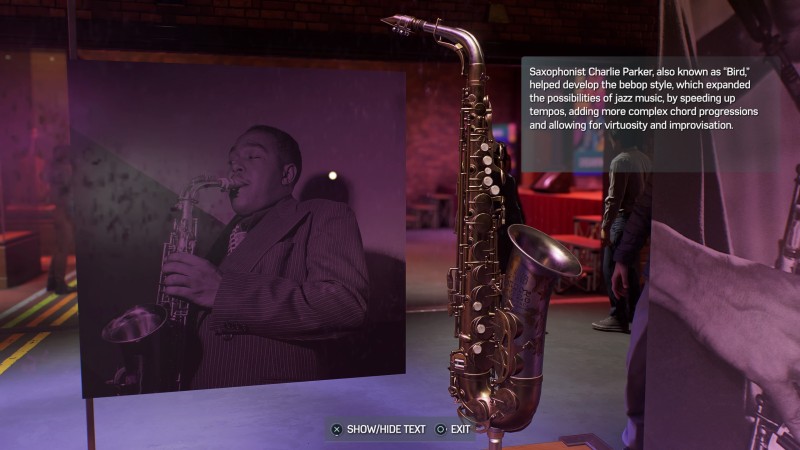
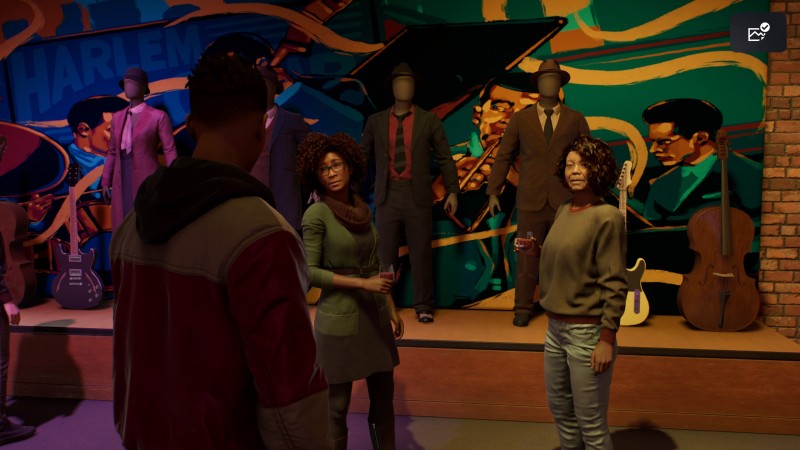
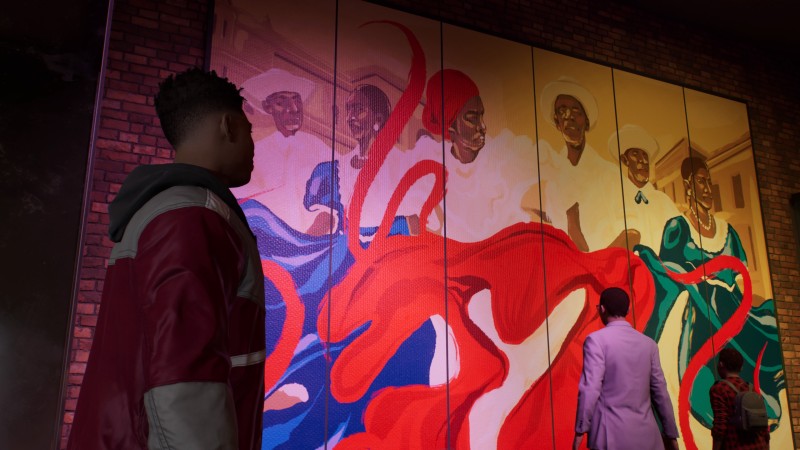
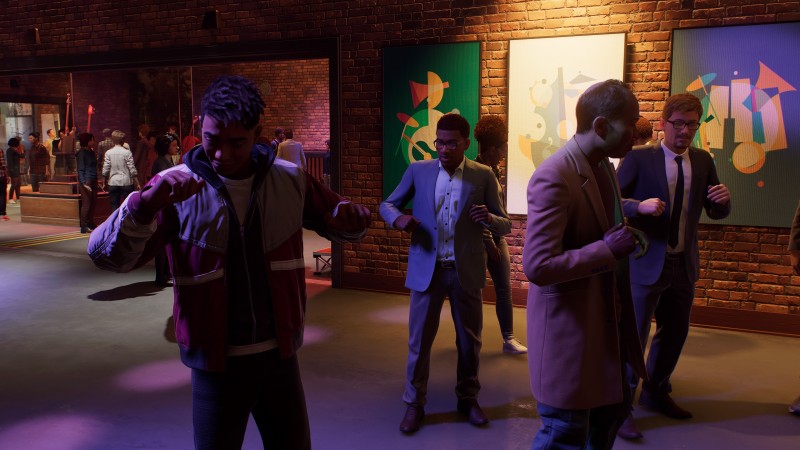
At the same time, the museum is scattered with people you interacted with across your quest to recover the stolen artifacts. Commonly recurring characters like Miles’ best friend Ganke and Rio are here, but you can also speak with people like curator Angela or the man who explained Charlie Parkerʼs saxophone to you. Saving lives is something you do countless times in these games, but uniting a community and preserving its culture is uniquely touching. As Miles takes in the museum celebration, I can’t help but think that this was why his character was created.
I have always related to and felt represented by Miles Morales, but this goes beyond that. It’s one thing to create a Black version of a traditionally white character, giving people the chance to see themselves in a role they typically wouldn’t, but Miles carves a completely separate space for himself. Here, he’s doing more than protecting faceless lives, he’s actively protecting the values I hold as a member of the Black community. The history of Black art is genuinely important, and the museum highlights that in a way that emphasizes communal joy and togetherness, an angle we’re not always afforded. It’s rare that I truly relate to a character on screen and even rarer that I relate to a character in a video game, but Spider-Man 2 manages to go one step past that.
As Miles unites with his friends and family to celebrate Black art, I am not just seen.
I am understood.




